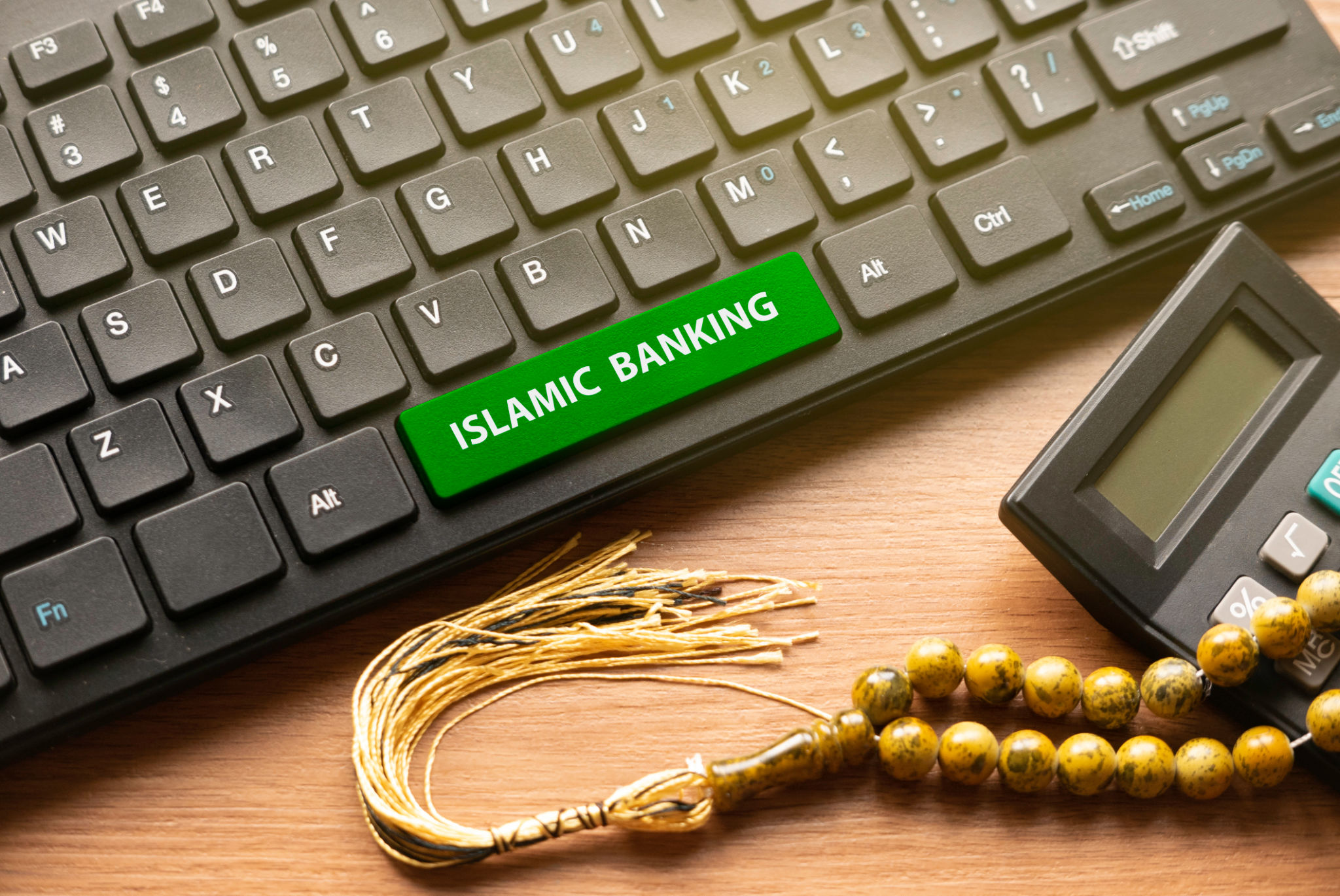Shariah-Investing: How It Works and Why It Matters
Shariah-investing, often referred to as Islamic investing, is a financial strategy that aligns with the ethical principles of Islam. It has been gaining traction not only among Muslim investors but also among those who seek ethical investment opportunities. At its core, Shariah-investing focuses on promoting fairness, transparency, and social justice in financial activities.
Unlike conventional investing, Shariah-investing prohibits investments in businesses that engage in activities considered haram, or forbidden, under Islamic law. These include industries such as alcohol, gambling, and interest-based financial services. By following these guidelines, investors can ensure that their financial activities align with their moral and religious beliefs.

Understanding the Principles of Shariah-Investing
The principles of Shariah-investing are rooted in several key concepts. The first is the prohibition of riba, or interest. Earning money through interest is considered exploitative and is therefore forbidden. Instead, Shariah-compliant investments focus on profit-sharing arrangements where returns are derived from tangible assets and shared risk.
Additionally, Shariah-investing avoids gharar, or excessive uncertainty and speculation. Investments should be based on clear contracts and transparent terms to ensure fairness and avoid unjust enrichment. This principle encourages investors to engage in businesses with predictable and stable returns.
The Role of Shariah Boards
A crucial element of Shariah-investing is the oversight provided by Shariah boards. These are panels of Islamic scholars who review investment products to ensure they comply with Islamic law. The board evaluates various factors such as the company’s core business activities, financial ratios, and overall ethical practices.
Shariah boards provide certifications for financial products that meet the necessary criteria. This certification process helps investors make informed decisions and assures them that their investments adhere to Islamic principles.

Why Shariah-Investing Matters
Shariah-investing matters for several reasons. Firstly, it offers a way for Muslims to invest in accordance with their faith while participating in the global financial system. This enables them to grow their wealth ethically without compromising their religious values.
Moreover, Shariah-investing promotes ethical and responsible business practices. By avoiding industries that harm society or the environment, it encourages sustainable economic development. This approach resonates with socially conscious investors who are mindful of the impact of their investments.
The Rise of Shariah-Compliant Financial Products
In response to the growing demand for Shariah-compliant investments, financial institutions have developed a range of products tailored to these needs. These include mutual funds, sukuk (Islamic bonds), and halal stocks, all designed to provide competitive returns while adhering to Islamic principles.
Investors now have access to a diverse array of options, allowing them to build portfolios that align with both their financial goals and ethical considerations.

The Global Impact of Shariah-Investing
As the popularity of Shariah-investing continues to grow, its impact on the global economy is becoming increasingly significant. By attracting a diverse pool of investors who prioritize ethical considerations, it contributes to a more inclusive and sustainable financial system.
The principles of Shariah-investing encourage long-term thinking and responsible stewardship of resources, making it a valuable approach not just for Muslims but for anyone interested in ethical investing practices.
